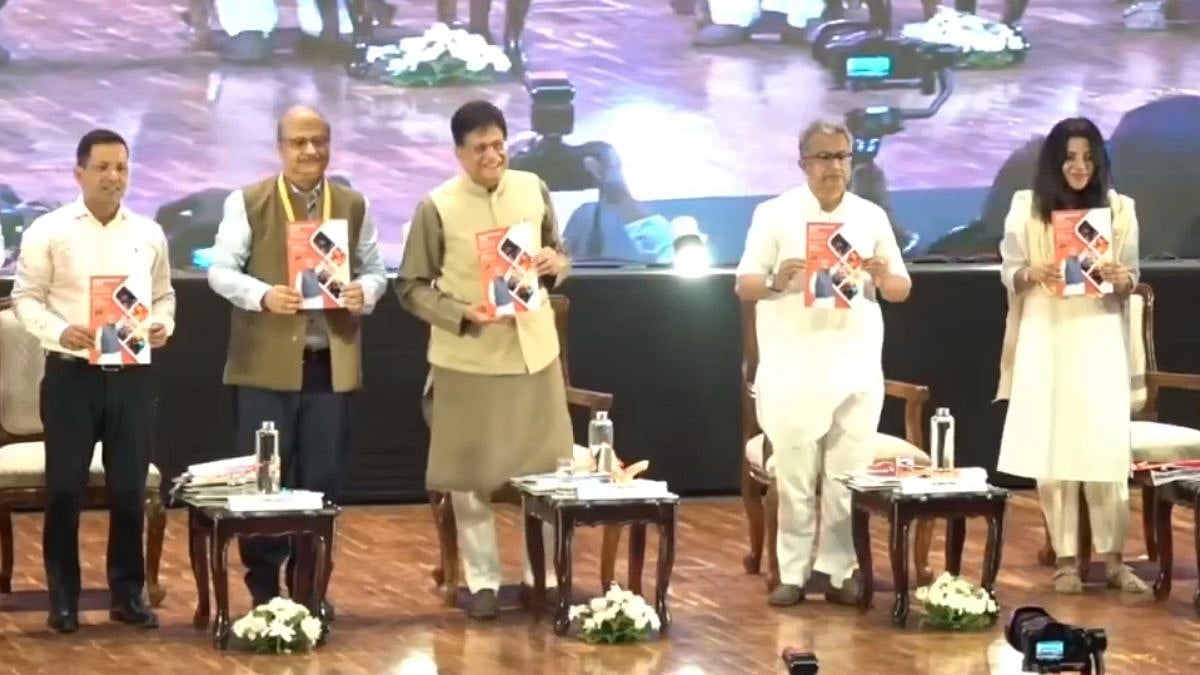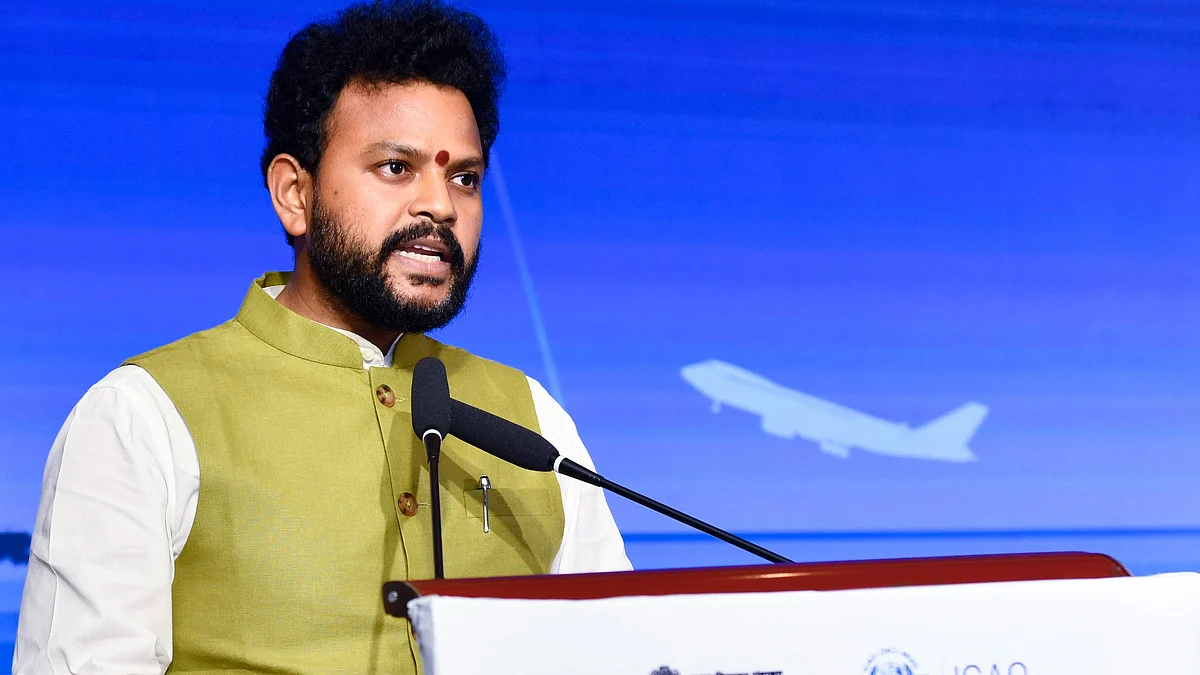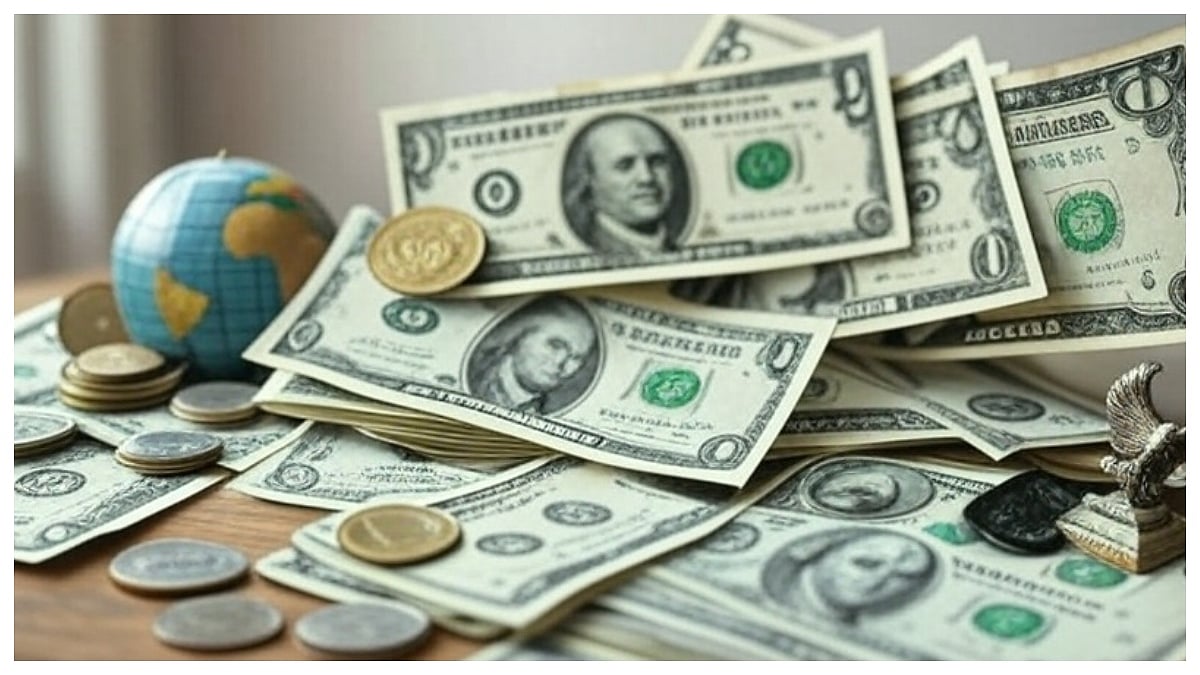Mumbai: Union Minister Nitin Gadkari on Thursday hit back on social-media campaigns about India's recent E20 fuel policy.
On Thursday, the minister while speaking at a SIAM annual convention remarked that tests confirmed that 20-percent ethanol-blended fuel was safe with vehicle engines.
He also called the E20 based social-media conversations as paid "PR campaign" targeting the government.
THE G-WORD
Gadkari revealed on Thursday, that he had sought "GST relief" for new buyers while scrapping old vehicles.
In the week gone by, the Ministry for Finance announced a slew of reforms and measures across a range of products and categories.
However, these measures are targeted towards fresh purchases of motorcycles and not on petroleum products.
Moreover, Finance Minister Nirmala Sitharaman in a recent media categorically denied any plans of including GST for petroleum products.
Impact of Aatmanirbhartha
Referring to E20 fuel enabling Aatmanirbhar Bharat, Gadkari added,
"The Prime Minister’s vision is of a self-reliant India. From an economic perspective, if Rs. 22 lakh crore is infused into the Indian economy, the benefits would be immense, so why shouldn’t we do this? We took the decision to produce ethanol from maize."
He further added, "As a result, maize cultivation in Uttar Pradesh, Bihar, and across the country has tripled… India’s agricultural growth rate has traditionally been low. This diversification of agriculture into the energy and power sector directly benefits farmers and strengthens the economy, there is nothing wrong with it."
However, on social media, his detractors countered the logic. Congress leader Pawan Khera remarked that Ethanol-Blending enabled Gadkari's "son's revenue to jump from ₹18 Cr to ₹523 Cr".
On social media, discussions have ventured to the earnings of CIAN Agro Industry, Manas Agro Industry. Discussions have also veered towards earnings of Nikhil and Sarang Gadkari - sons of Nitin Gadkari.
How can GST on Petrol help?
At the petrol pump, additional duties, cess, excise duty and VAT may be applied to petroleum products - Petrol, Diesel, or CNG. Petroleum products such as Naptha and Bitumen are yet to be subsumed under GST.
Bringing petroleum products under the GST ambit could make petrol affordable for a number of citizens. However, this may be a complex policy considering states may also have to be consulted since VAT and excise are significant revenue contributors to respective states.
When GST was announced in 2017, the industry and commoners had sought GST on petroleum products; however, eight years since the implementation of GST, there has been little momentum.












